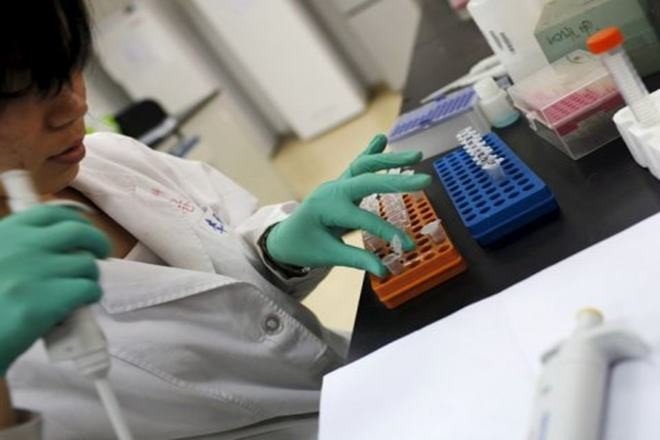Health
Researchers developing tool to combat antibiotic resistance

New York, July 29: Researchers in the US are in the process of developing a new tool that may help physicians prescribe antibiotics to patients who really need them and avoid giving them to individuals who don't, which may in turn help combat antibiotic resistance.
Although antibiotics helps fight bacterial infections, they are not effective and should not be used to treat viruses, overuse of which leads to antibiotic resistance -- one of the world's most pressing health threats, the researchers said.
"It's extremely difficult to interpret what's causing a respiratory tract infection, especially in very ill patients who come to the hospital with a high fever, cough, shortness of breath and other concerning symptoms," said lead author Ann R. Falsey, Professor at the University of Rochester.
"My goal is to develop a tool that physicians can use to rule out a bacterial infection with enough certainty that they are comfortable, and their patients are comfortable, foregoing an antibiotic," Falsey added.
In the study, the scientists identified 11 genetic markers in blood that can accurately distinguish between viral and bacterial infections, which may help reduce unnecessary use of antibiotics and prevent antibiotic resistance.
"Our genes react differently to a virus than they do to bacteria," explained Thomas J. Mariani, Professor at the varsity.
"Rather than trying to detect the specific organism that's making an individual sick, we're using genetic data to help us determine what's affecting the patient and when an antibiotic is appropriate or not," Mariani said.
For the study, published in the journal Scientific Reports, the team recruited a group of 94 adults hospitalised with lower respiratory tract infections, out of which 41 had a bacterial infection and 53 had a non-bacterial or viral infection.
The researchers used complex genetic and statistical analysis to pinpoint markers in the blood that correctly classified the patients with bacterial infections 80 to 90 per cent of the time.



































